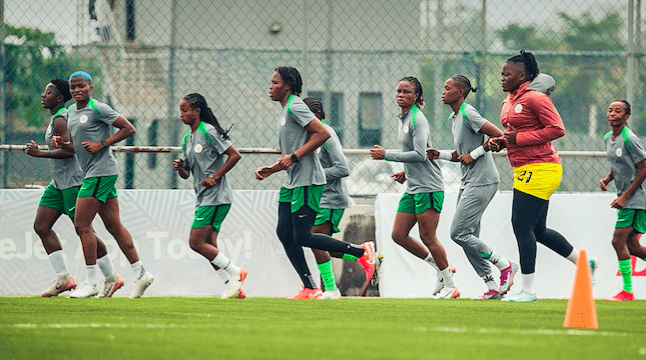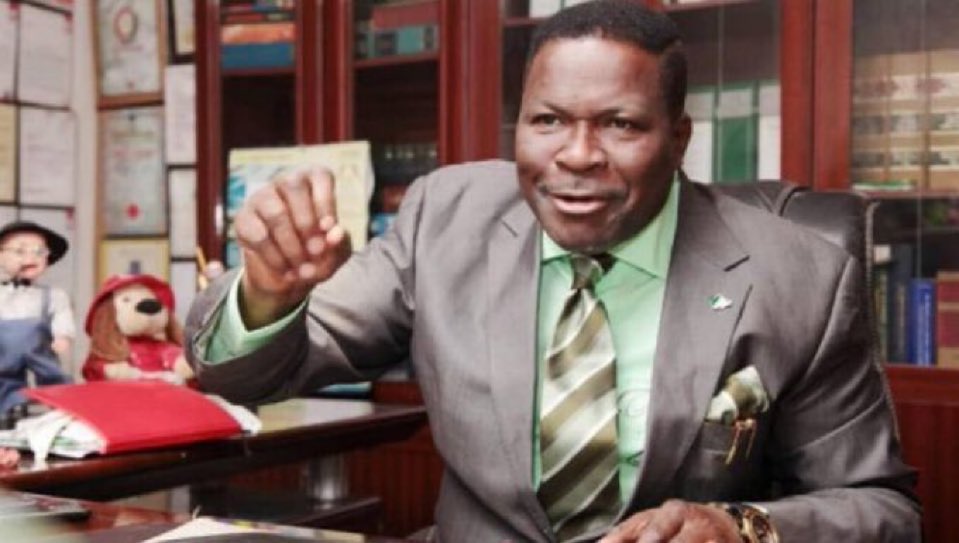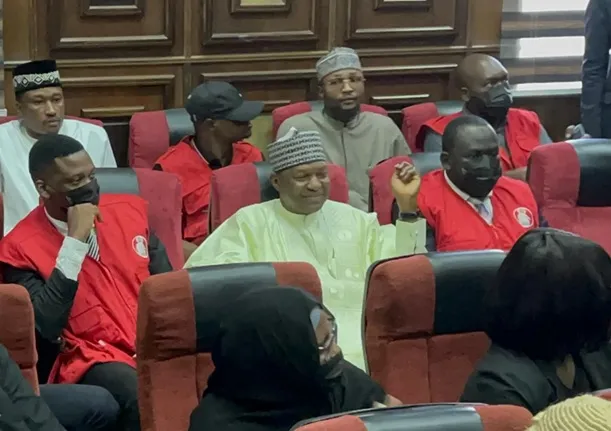The Israel-Palestine-Hamas conflict is one of the most enduring and complex disputes in modern history. Its roots lie in centuries of territorial, political, and religious disagreements, making it a profoundly ingrained issue. The history of the conflict can be traced back to ancient disputes over the land, but it has taken on modern dimensions since the early 20th century, with competing national movements and the aftermath of colonial policies. This issue is not merely a local or regional matter; it resonates globally, influencing international relations and stirring emotions across continents. Despite varying perspectives, the central elements of this conflict are widely known, including debates over land, sovereignty, and the rights of the people involved.
The latest chapter of violence, which began on October 7th, 2023, marks another peak in this longstanding dispute. The toll of destruction and human suffering underscores the urgent need for sustainable solutions, emphasizing the gravity of the situation.
The toll of the conflict has been staggering. In the past 15 months, at least 46,707 people in Gaza have been killed, which includes about 18,000 children. Many analysts and rights groups believe the actual number killed is far higher. Over a million people are displaced within Gaza, and the infrastructure is in shambles. Additionally, centuries of cultural and historical heritage have been lost, further eroding the identity of the affected communities with a broader impact on both local and global narratives.
The consequences of this conflict extend beyond Gaza. In neighbouring regions such as Iran and Lebanon, the spillover effects have led to further instability and casualties. Hezbollah’s involvement, for instance, has escalated tensions along the Israel-Lebanon border, leading to clashes that have claimed dozens of lives. Iran and Israel have been in kinetic engagement, leading to fears of broadening escalations. The Houthi rebels in Yemen are not excluded from the conflict. The interconnected nature of Middle Eastern geopolitics means that unrest in one area often triggers broader regional tensions, creating a complex and difficult-to-resolve cycle of violence.
Israel and Hamas have agreed to a ceasefire and a hostage-for-prisoner exchange, marking the first pause in fighting in Gaza since November 2023. The initial phase involves Hamas releasing 33 Israeli hostages, including women, the elderly, and two children from the Bibas family, in exchange for Israel freeing hundreds of Palestinian prisoners, including those serving life sentences. Israel will also partially withdraw its forces from the Netzarim corridor, which divides Gaza while maintaining a security buffer zone along Gaza’s perimeter. This two-stage deal allows both sides to claim adherence to their respective demands but remains fragile, with Israeli officials insisting the war is not over and Hamas leadership potentially facing exile.
The second phase, set to begin 16 days after the agreement’s implementation, focuses on the release of the remaining Israeli male hostages and captured soldiers. During this phase, Israel plans to redeploy forces along Gaza’s border with Egypt, specifically in the Philadelphi corridor, while evacuating the Rafah Crossing. This move would mark a strategic shift, as Israeli Prime Minister Benjamin Netanyahu previously emphasized the importance of maintaining control in this area for national security. However, the ceasefire’s success is fragile, depending on whether both sides adhere to the terms. There is a real potential for renewed hostilities if negotiations falter or conditions are unmet, highlighting the situation’s fragility.
Ceasefires in conflict zones like Gaza often fail to address the root causes of violence. Systemic issues such as military occupation, economic blockades, and widespread humanitarian crises often remain unaddressed. Both sides must take genuine steps toward peace to prevent these agreements from becoming temporary pauses in violence. This includes implementing international involvement and enforcement mechanisms, such as the United Nations observer missions, crucial to ensuring the ceasefire’s success. The UN’s role in monitoring post-conflict agreements in regions like Cyprus and the Balkans demonstrates the potential effectiveness of sustained international oversight.
The international community has played a significant role in this conflict, with nations and organizations offering varying support and criticism. Diplomatic efforts to broker the ceasefire involved multiple stakeholders, including Egypt and Qatar. This highlights the importance of multilateral cooperation. However, the conflict has also deepened global geopolitical tensions as nations take sides based on strategic interests. For instance, the United States provided over $3.8 billion in annual military aid to Israel, while Iran continued to supply financial and military support to Hamas. This dynamic mirrors Cold War-era proxy conflicts, where superpowers supported opposing sides to advance their agendas, often at the expense of local populations.
Stability in the Middle East depends on sustained international support and efforts to mediate disputes. Influential nations and organizations must work collectively to ensure adherence to the ceasefire and facilitate long-term peace negotiations. Addressing underlying grievances and promoting economic development are vital for achieving lasting regional stability. What are some of the lessons, especially for Nigeria, from this conflict?
This conflict underscores the importance of military and technological strength (hard power} in international relations. Nations with advanced defence capabilities are better positioned to protect their sovereignty and influence global politics. For countries like Nigeria, this lesson highlights the need to invest in self-reliant defence systems and technological development. Israel’s Iron Dome missile defence system, which intercepted over 90% of incoming rockets during the conflict, serves as a prime example of the strategic advantage provided by advanced technology. Mere proclamations of power, such as being “the giant of Africa,” are insufficient without tangible capabilities to back them up.
Alliances play a crucial role in shaping the dynamics of conflicts. Israel’s strong relationships with the US and the UK provided significant resources and diplomatic support. Conversely, Palestine relied on allies such as Iran, Lebanon, and Syria. The power of alliances provides resources and influences international narratives and outcomes. For instance, the US vetoed numerous UN Security Council resolutions criticizing Israel, showcasing how alliances can shape international discourse. Building and maintaining strategic alliances is essential for nations navigating complex geopolitical landscapes. What strategic military relationships and partnerships has Nigeria built?
Strategic miscalculations can have severe consequences, as seen in this conflict. Hamas’s potential underestimation of Israel’s capabilities led to devastating losses, including the destruction of key infrastructure and the loss of high-ranking officials. This is a reminder that nations must avoid engaging in war or making threats unless they are thoroughly prepared for the repercussions. It is good that ECOWAS avoided any arms conflict with the member countries where military coups happened in the past few years.
Governments must navigate both domestic and international priorities. Nigeria leaders must balance internal political dynamics with foreign policy objectives, ensuring their actions align with long-term national interests. For example, Israel’s decision to escalate its military response was influenced by domestic political pressures, including public demand for security. We must strengthen the dynamism between public opinion, public demands, and public policies in Nigeria.
History shows that all conflicts eventually end in negotiation. Diplomacy and dialogue should always be prioritized over war as the primary means of resolving disputes. War’s human and economic costs are too significant to ignore, making peaceful resolutions the preferred alternative. For instance, the Good Friday Agreement in Northern Ireland is a testament to the power of sustained dialogue in resolving deeply entrenched conflicts. With insurgency, banditry, terrorism and calls for secession plaguing Nigeria, the importance of negotiations and dialogues as the best means of conflict resolution must be in the fore.
While technology plays a crucial role in modern warfare, its limitations necessitate robust human intelligence. Accurate information and strategic insights are invaluable for ensuring national security and avoiding unnecessary conflicts. For instance, the failure of intelligence agencies to anticipate the scale of the October 7th attacks highlights the critical need for improved human intelligence. Nigeria must develop intelligence structures and systems that are robust and fit for purpose.
Authoritarian regimes often heighten the risk of conflict through repression and electoral manipulation. African nations must prioritize democratic governance to reduce tensions and promote stability. Allowing popular mandates to triumph can help prevent the conditions that lead to unrest and violence. For instance, widespread protests in Sudan and Ethiopia have shown how repression can escalate into broader conflict. Similarly, the Arab Spring demonstrated how decades of authoritarian rule could culminate in widespread unrest and demands for democratic reform. The Nigerian government must resist any authoritarian tendencies to maintain peace and stability.
The ceasefire’s success depends on addressing underlying political dynamics, such as shifts in regional leadership and changing global power structures. The most far-reaching benefit of this ceasefire is the avenue it opens for a broader Middle East peace. With the prospect of Trump’s imminent return to power, the ceasefire rekindles the prospect of resuming the Abraham Accord, which he initiated. Israel can now seek a broader peace with Middle Eastern countries with Saudi Arabia as an anchor. Prosperity and mutual respect should now replace aggression and hostility. The prosperity and development which we see in UAE can now spread to Gaza, Lebanon and the entire region powered by Saudi capital and Israeli technology and entrepreneurship.
The Israel-Palestine conflict serves as a stark reminder of the complexity of achieving lasting peace in deeply divided societies. The ongoing struggles highlight the need for innovative conflict resolution approaches beyond traditional methods. The global community has a moral and strategic responsibility to promote dialogue, ensure accountability, and support efforts toward lasting peace. The lessons from this conflict must be applied not only to the Middle East but to all regions grappling with similar challenges. Humanity can resolve such protracted conflicts through collective action and genuine commitment. Leaders and citizens must work together to prioritize peace over violence, ensuring a brighter and more equitable future for all.






















Leave a comment